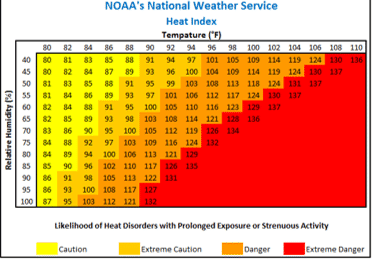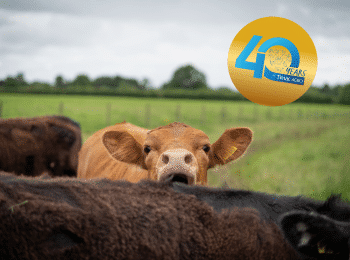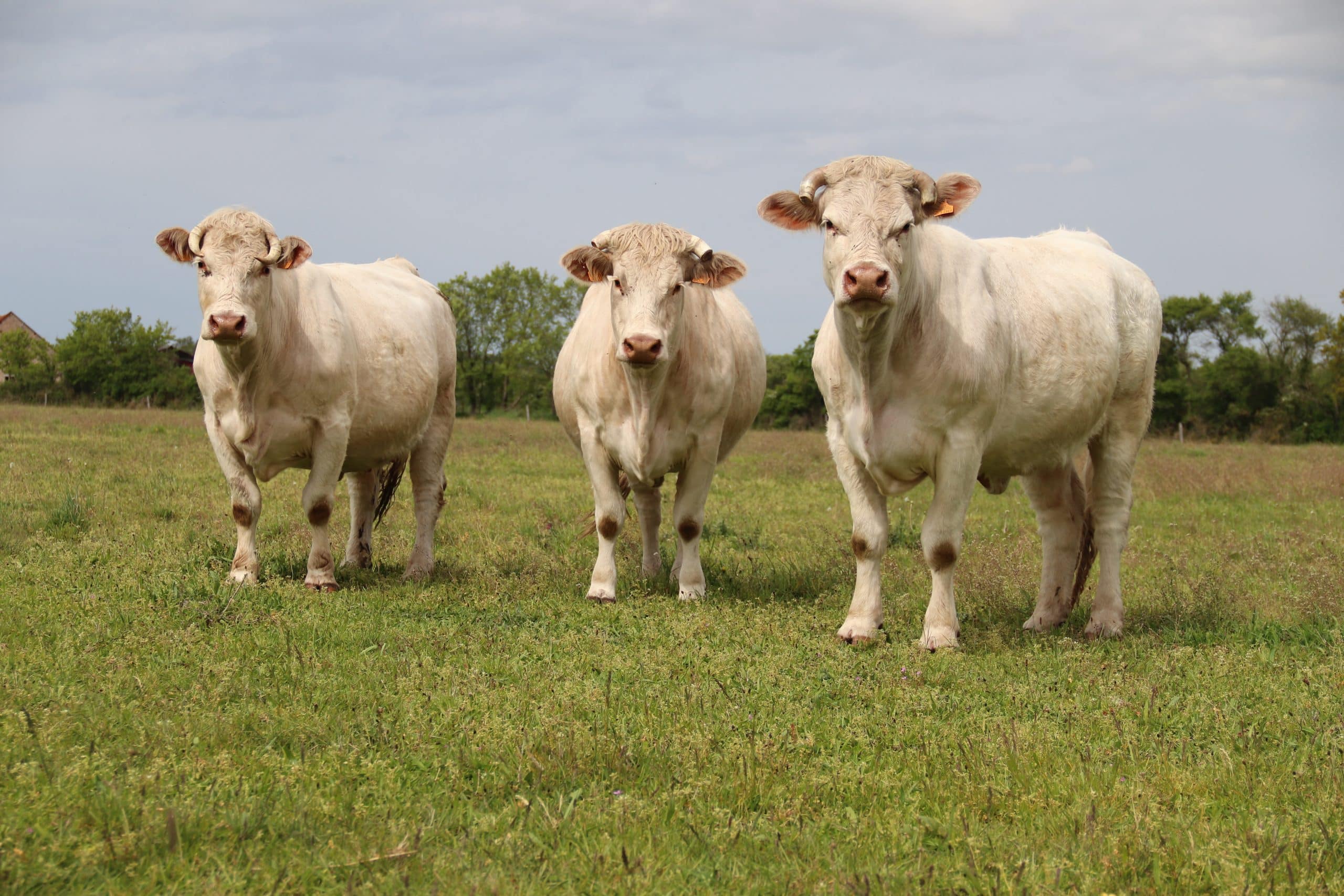Ruminants can be easily impacted by heat stress. It does not take extremely high temperatures for your animals to experience stresses that can have severe health consequences. In addition to heat, it is also highly important to consider humidity when determining the level of stress your animals might experience.
Summer is here, here’s a table to help you determine your cattle’s level of stress.
Source: Habeeb, Alsaied & Gad, Ahmed & Atta, Mostafa. (2018). Temperature-Humidity Indices as Indicators to Heat Stress of Climatic Conditions with Relation to Production and Reproduction of Farm Animals. International Journal of Biotechnology and Recent Advances. 1. 35-50. 10.18689/ijbr-1000107.
Most of the time, heat stress occurs during summer, that is why it is a crucial period for farmers to implement strategies to mitigate the negative effects of these warmer months.
- Decrease in dairy production
Milk production often decreases during summer due to the high temperatures. This reduction in milk production can reach 1 to 4 kg of milk per cow (0.28 kg/h of loss during light heat stress and 0.303 kg/h of loss for moderate heat stress). The decrease of milk production can also be the result of mastitis, which occurs when white blood cells are released into the mammary gland.
- Decrease of reproduction
Heat stress can cause hormonal disruptions, energy deficits and oxidative stresses. Oxidative stress can result in non-fertilizing insemination and embryonic mortality.
- Risk of acidosis
From 25°C the biological systems of cattle make an effort to avoid increasing their internal temperature; by decreasing rumination and decreasing ingestion. As cows ruminate and swallow less, a decrease of saliva occurs which cause an overproduction of acids leading to acidosis.
- Risk of lameness
Risk of laminitis and lameness increase with heat stress. Cows are in tougher environmental conditions and are more prone to developing physiological disorders.
That being said, there are several strategies farmers can implement through proper nutrition and feed supplements that help reduce the negative effects of heat stress.
Contact a TIMAC AGRO Expert to learn how you can help your herd beat the heat!




